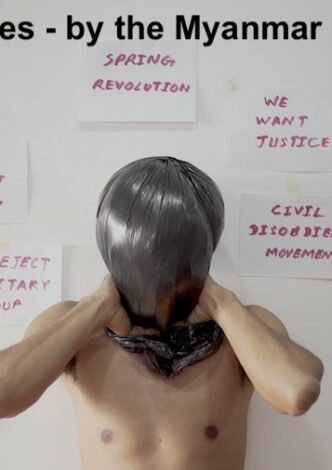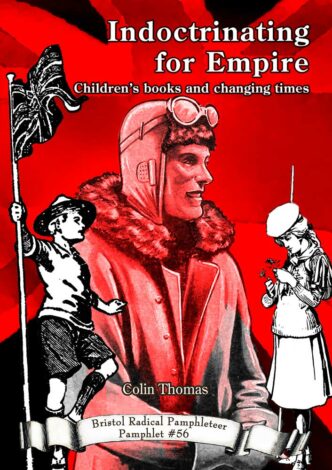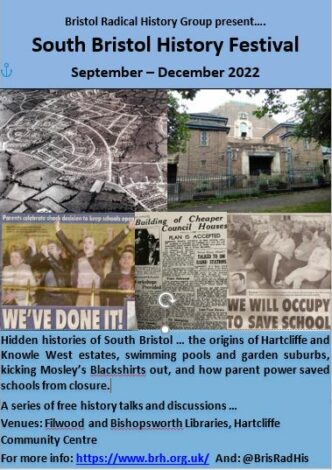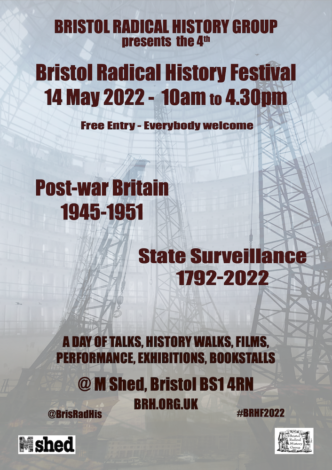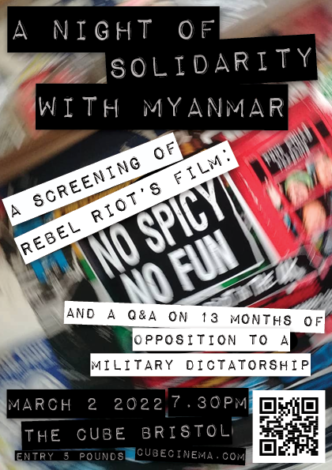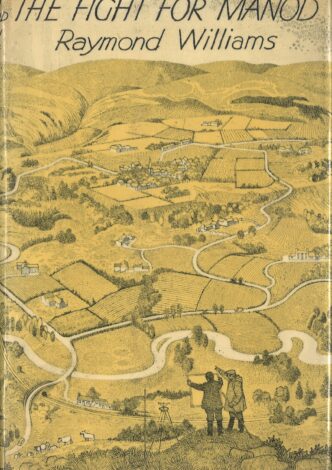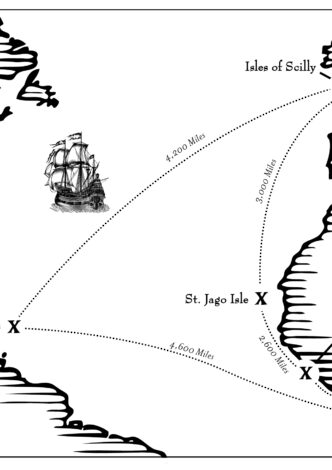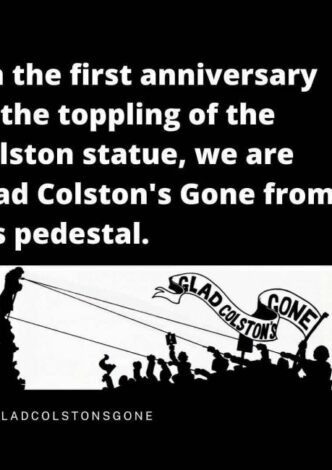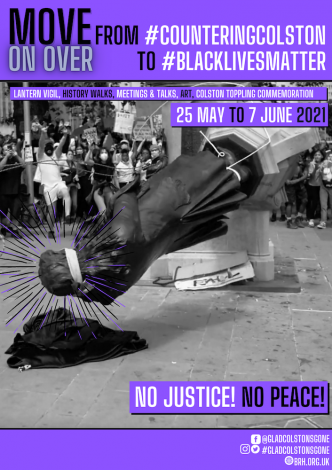Myanmar Diaries
Citizen journalism against 21st century regime terror
Two years and one month after the military coup in Myanmar, the BristolWithMyanmar campaign will be showing Myanmar Diaries at Bristol's Cube Cinema on March 1st, from 7pm. It is a film about life under the regime of terror in Myanmar since February 1st 2021, told through personal stories by a group of anonymous young Burmese filmmakers (the Myanmar Film Collective). This is the second annual event at the Cube, following on from last year’s A night of solidarity with Myanmar, organised by […]


